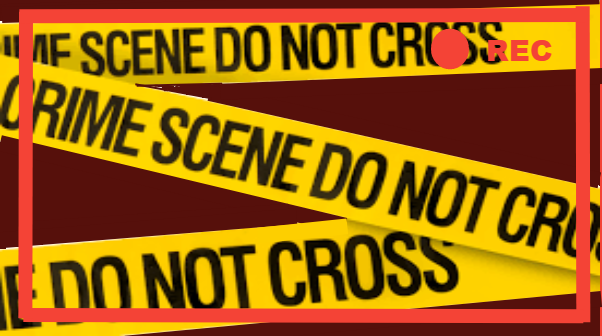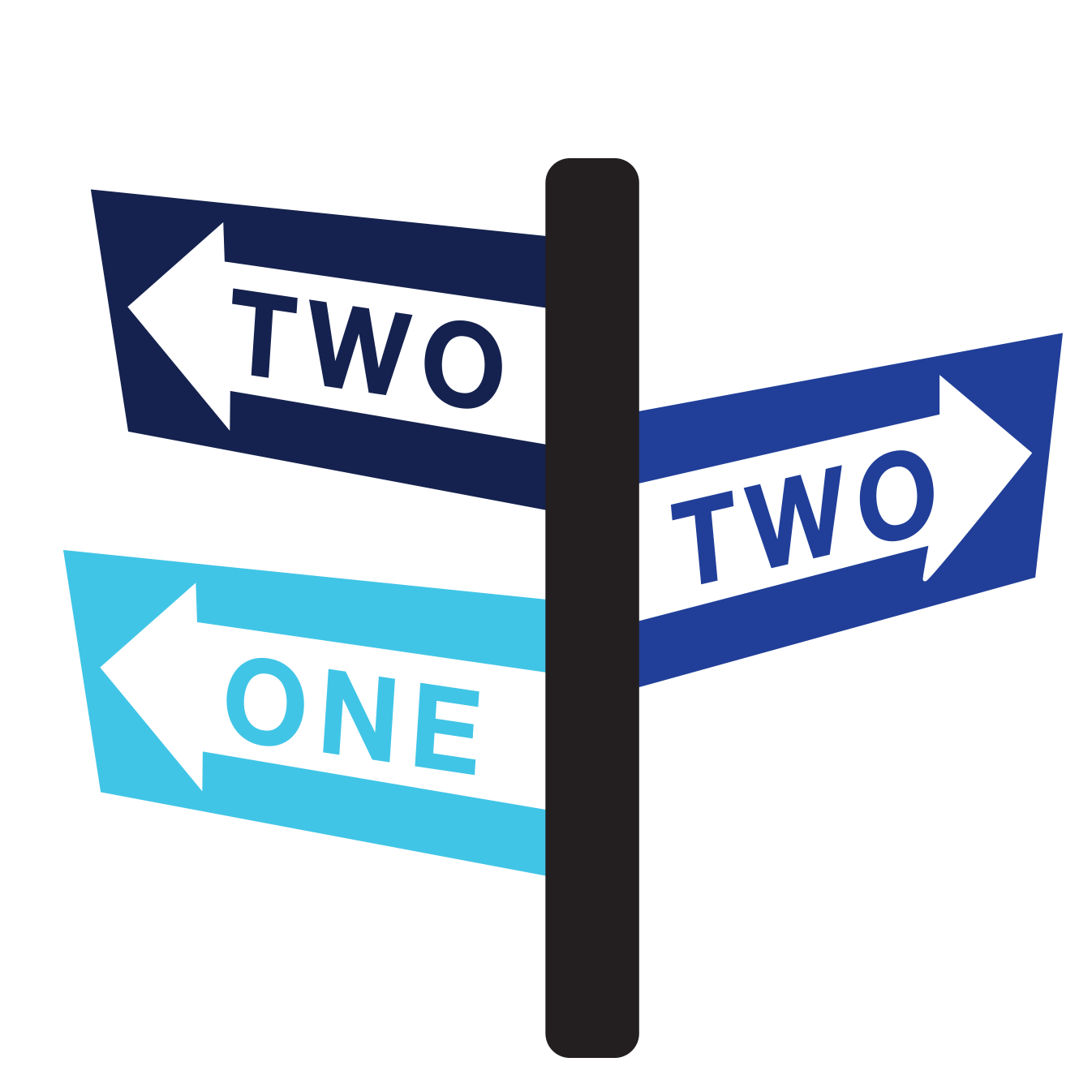Crime Entertainment is Evil

The changing years of media, technology, and accessibility to world events has caused the way humans view, consume, and interpret news to be different. At one point to see news stories you could only watch TV in real time or newspapers following the event. Up until the recent decade it was impossible to confer with your friends about the current events. Could you imagine if there were live tweets during 9/11 or the Bundy trials. Even with the way we have access to news today it makes major events such as mass shootings, terrorist attacks, and serial murders seem minimal because we can see them all at once. The difference in the awareness of crime today versus then is the creative take that TV producers and companies have been able to deliver. Instead of a boring newscast we get an eight part Netflix documentary of a serial killer. Following Netflix’s release of the Jeffrey Dahmer documentary, we don’t just know Dahmer, but we saw the way he killed people too! The question here is why as humans do we consume this? The word used to describe Jeffrey Dahmer's acts is evil. He inflicted pain on purpose to his victims with the intent to cause harm. The end goal of his was harm. The intent in which something happens can help determine whether it is evil or not. Evil is something that you can’t see, but can feel. The world has almost the same consensus on what something evil is but yet there is a lack of words to really express just how evil something is, but in the case of Dahmer it’s evil. So why then, as humans do we like to learn about evil? Not only learn but depict and research for the sake of our own sanity. There are dual reasons this can be. Humans are curious, and we like to investigate things there isn’t a simple answer to and one of those is evil. It is relevant to note that our fascination and interest in evil is not new, and since religion began, there has been a longing answer.
The early years of the world were surrounded by the duality of good and evil. What is good and what is evil? Whether God was the ruler of good but Satan was the ruler of evil, or maybe God was the ruler of both? Those were the beginning questions that first came to be about evil, who was the creator of it, that is what people wanted to know. Even still there is no answer to that as we know, but yet the progression of how humans have turned the conversation of evil is still similar. The dire precedent of evil today seems to be the why factor. In true crime instead of the victim being the focus the killer normally is and that is because people want an answer to that evil. To go back to the AD time period we can see the curiosity stemming even then from philosopher Augustine who is looking for the culprit of evil. There are many ways to spread the blame of evil among many. For example, a child is stolen. The majority blame of evil should fall on the kidnapper, but people will say the mom is evil for turning around, the police are evil for not acting fast enough and so on. There is a handful of blame in each evil scenario and what Augustine notes about that is “now if whatever is supposed to cause the evil will itself had an evil will, then I go on to ask what caused that evil will, and thus, to set a limit to these questions I look for the cause of the first evil will” (58). Augustine is noting that we are able to set aside the event from the perpetrator in order to get the answer to evil. However, in the case of true life stories the event or the victim should be focused on not necessarily the why of evil. However, in The Science of Evil written by Simon Baron- Cohen, we see that maybe evil is equated to a lack of empathy. A lapse of judgment where you let your guard down and do something sometimes without realizing it's wrong, and that may be the closest validation for the consumption of true crime. When consuming it you are putting a pause on the empathy you once felt for a victim or a shaken family, it is what he calls an “empathy erosion”. Baron- Cohen says “in such a state we relate only to things or to people as if they were just things. Most of us are capable of doing this occasionally”. In the subject of consuming true crime, humans having an empathy erosion during could be a better choice of words than calling them evil. There were morals put aside for a moment and a lack of empathy sourced the brain, but however the majority of consumers of true crime will return to normal after.
All true crime simply is the reenactment of a crime but either verbally in a podcast form, or TV. It can also be stated that the way we consume current true crime is futuristic from the past. Crime fanatics are not new and it was possible back in past centuries to simply read about the events, but the most evil way possible was to watch the “true crime” happen with your own eyes. In the book Hellhounds the evil of slavery and lynching are the topic of discussion. It is apparent that we would use the word evil to describe such things but however transversal would it be to say that consuming it as entertainment had to be just as evil as committing the acts. The chapter describes such events as “to kill the victim was not enough; the execution needed to be turned into a public ritual, a collective experience, and the victim needed to be subjected to extraordinary torture and mutilation” (285). The audience of these lynchings wanted to see the gorey details, the same as though today those want to know exactly where the knife pierced the young girl. These fans who ““a few were nursing infants who tugged at the mothers breasts, while the mother kept her eyes on the gallows. She didn’t want to lose any part of the program she had come miles to see, and to tell the neighbors at home”” could not pull away the same as those say about a TV show (288). The biggest similarity from these stories and the current events today are the details that are made public. The chapter also states that “the mob “execution” of a black man, woman, or family was not only a public spectacle but also public theater, often a festive affair, a participatory ritual of torture and death that many whites preferred to witness rather than read about at home” (287). There was the evil of racism present at these lynchings, but the same facts of the consumption and witness of killings are tied to the crime consumed today. Even just reading Hellhounds it was hard to imagine how anyone could watch those lynchings and not only view them but enjoy. There is a blank in my vocabulary to find a word to describe how evil a brain must be to release serotonin from a visual like that, but ultimately the current world has just the same. There is something evil in watching these crimes as entertainment and that involves replays of it.
Replaying horrific world events or murders can be seen as informational. The warning on “repeating history” is what is used to push this, but informational and historical are different from being used as entertainment. To go back to Hellhounds, I mentioned that just to read those recelections, there was an absolute lack of amusement in my body. In fact, I don’t think I could continue reading if it was not mandatory to the class. However, with the understanding that it is history I feel that the view on reading it for educational purposes is different than that of entertainment. There is a moral way to consume these stories and the most ethical is from the victim themselves. In the case of most murder victims that is not possible, but there are always family members who can be reached out to and others such as witnesses and bystanders who can give an accurate account on just how tragic such an event was. The book Night by Elie Wiesel accounts his trauma and torture from The Holocaust from his own perspective. He talks about how cold the nights were and how many times he thought he was going to die. The abundance of death that he will never be able to forget makes me think that if people knew this is what victims of torture went through would they still find it entertaining? If they heard Elie himself say “twenty more steps. If I was going to kill myself now was the time” maybe they would view the murders of others differently (33). The Holocaust is history, and is not the murders of entertainment this paper is mainly referring to, but it puts into perspective what victims of true crime would say if they were still here. The evil that haunted them until the last moment that people are listening to on their way to work. These stories will be forgotten by listeners when they get out of their cars but Elie says “never shall I forget that night, the first night in camp,that turned my life into one long night seven times sealed. never shall i forget that smoke. Never shall I forget the small faces of the children whose bod-ies i saw transformed into smoke under a silent sky. never shall i forget those flames that consumed my faith for-ever” (34).
The death and evil from such events can be felt from the powerful words the victims themselves get to share. Elie ended his book with the quote “from the depths of the mirror, a corpse was contemplating me. The look in his eyes as he gazed at me has never left me” in which he states that a part of him died in the Holocaust and he will never be the same ever again (115). The same could be said for other victims who can’t tell their side of that. Some random lady is making commentary with another about “how scared she must have been” and people are listening. There is an ethical way to view this content and that is from the perspective of someone who was there and can retell it. Imagine if someone tried to assume the way Elie felt, it would be impossible to know that he wanted to die more than he wanted to be alive, or that he felt dead forever because that important part of the story could only come from him. It would be evil to downplay the emotional level and brutality of Elie’s experience, and that can be related to the same crimes that are documented recently.
Not everyone or everything is intentionally evil. Baron-Cohen proves that to us, but that doesn’t deny the space for inevitable evil in which consuming crime, war, and death are. From Augustine to the present the curiosity of humans will prevail. We will dabble in things that make others uncomfortable and pick our own morals and sides of judgment. The main consensus on the nature of being entertained by someone's death is that it is evil. That doesn’t mean that the person is evil or that they are intentionally acting maliciously, but it doesn't excuse that entertainment in murder is. There are many families of victims who will say that they are uncomfortable about the entertainment being spread of their child's death, or they can’t fathom how people could enjoy it, or in the case of the Dahmer documentary win awards over it. There is a side to evil that only those who felt it can explain, there is no amount of assuming or evidence that could depict just how that person felt while being blown to shreds, shot in school, or raped in the back of an ally. It is almost as if the uncomfortability of evil goes away when it’s given to us in a story telling way. Rather than learning educationally how someones tragic ending went down, we get the sponsor in between episodes asking us to buy a subscription for vitamins. It is certainly a 21st century evil, but that does not diminish the severity or impact of consuming the torture of someone else as entertainment.
Works Cited
“6.” Hellhounds, Dark Horse Comics, 1994.
Augustine. The City of God.
Baron-Cohen, Simon. The Science of Evil: On Empathy and the Origins of Cruelty. Basic Books.
Wiesel, Elie, and Marion Wiesel. Night. Thorndike Press, 2020.


